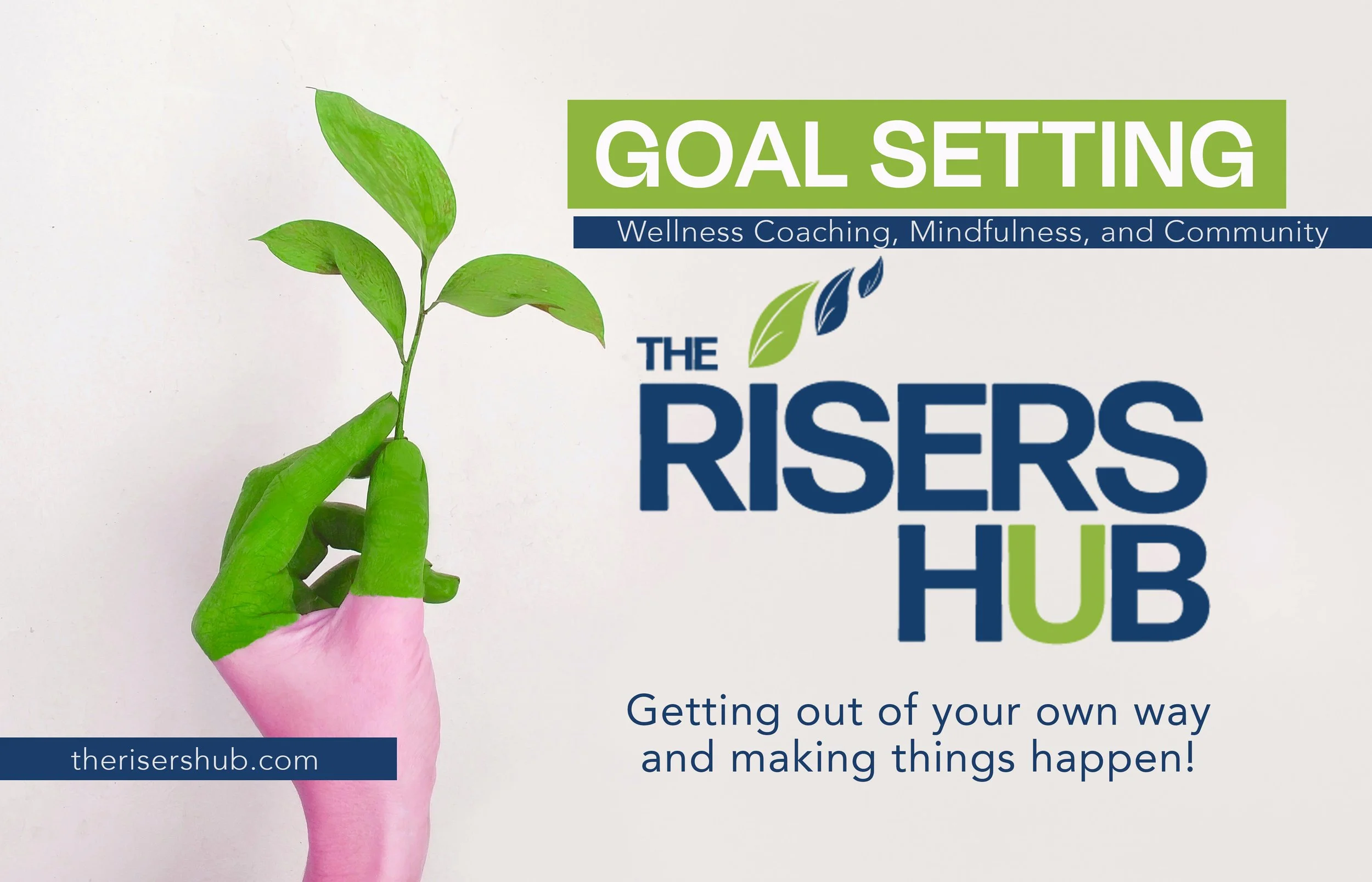NOTES!
WEEK #1 (May 27th): BALANCE.
What does balance look like in your life right now? Let’s talk about how we can find (and keep!) our center in a busy world.
🔸 What’s one specific goal you’d love to achieve in the next 30 days?
🔸 What accomplishment are you most proud of from last month?
🔸 What’s one daily habit that could shift your wellness journey forward?
WEEK #2 (June 3rd): ENERGY.
What kind of energy do you want to bring to your environment? Another way to ask, what kind of energy are you bringing into your environment? Is it good energy or bad energy?
🔸 How can you bring positive energy into your workplace or family environment, especially when days get heavy?
🔸 What is one thing you can think of right now that will put a smile on your face?
🔸 When good energy is around you and you can feel it, what does it feel like?
Tap into those moments when the energy around you feels good. Close your eyes and tap yourself when you feel good energy. Remind yourself how it feels and when things get overwhelming, take 5 minutes to close your eyes, take a few deep breaths, and tap into that positive feeling that puts a smile on your face and fills your heart with joy. Take care of yourself by slowing things down and visualizing yourself in a more positive, energetic space.
WEEK #3 (June 10th): BOUNDARIES.
What does “boundaries” mean to you? Do you set good, clear boundaries?
Boundaries are essential for maintaining good mental health, especially during difficult times. They protect your energy, reduce stress, and create a sense of control. Please note, when someone crosses the boundaries that you have “clearly” set, that is a sign of disrespect and there are helpful tools you can use to reset your boundaries and hold them accountable if they cross your boundaries again.
Here are five key boundaries that can be especially helpful during tough times:
Emotional Boundaries
Limit how much emotional labor you give to others when you're struggling.
Example: “I care about you, but I can’t take on this issue right now.”Time Boundaries
Protect your schedule and rest time.
Example: “I’m not available after 8 p.m. – that’s time I need for myself.”Digital Boundaries
Manage how and when you engage with technology and social media.
Example: Turning off notifications or not checking messages after a certain hour.Physical Boundaries
Respect your need for space and rest.
Example: Saying no to physical outings or crowded environments when you feel overwhelmed.Mental Boundaries
Guard your thoughts and beliefs from external negativity or pressure.
Example: Limiting conversations with people who minimize your struggles or dismiss your feelings.


